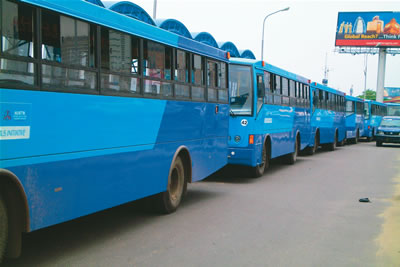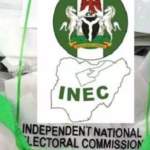
Ahead of the removal of fuel subsidy come June 2023, an indigenous tech-powered mobility Company, NAIRAXI, has said that digitising Nigerian public transportation systems would help to mitigate future effects.
The Chief Executive Officer of the company, Kingsley Eze, who said this in a statement, explained that the vision was to consequently improve accessibility to mobility, explore alternative energies, expand proprietary mobile technology and ensure a contactless transit card and auto fare collection technology.
According to him, the collapse and inefficiency of the urban transit had led to what was known as “the one-man per car syndrome”, which obviously leads to traffic congestion, gridlock and poor air quality as a result of pollution.
He said that now was the best time to explore programmes and initiatives to advance the country’s transport sector.
Eze said, “Federal employees and economically challenged Nigerians may receive transit passes in amounts approximately equal to their commuting costs but not to exceed the maximum level allowed by law. It is accessed via a seamless transportation payment platform spanning public and private systems.
“The objectives of the NAIRAXI transit subsidy program for private and mass mobility is to encourage Nigerians to use public transportation for commuting to and from work, and other productive engagements.”
Although Eze reiterated that making public transportation attractive to commuters requires the digitalisation of the industry, he emphasised the need for technology to scale up the reach and expansion of services.
“Technology can cut through a lot of drawbacks in the public transport like long wait time, inefficient scheduling, and payment processes.
“We should be pushing for an intermodal approach in the sense that, shared taxis, buses, rail, ferries and last-mile transit options like ‘Keke’ must be well harnessed,” he said.
The co-founder of NAIRAXI, Elizabeth Omale, explained that increased use and nationwide adoption of NAIRAXI digital transit subsidy program would improve air quality, equity, accessibility, reduced greenhouse gas emissions, reduce traffic congestion, and conserve energy by reducing the number of single occupancy vehicles on the road.
She said that by using a little percentage to subsidise the transport services, there would be better national growth, development and impact in the lives of poor masses.
Omale encouraged all citizens to embrace the NAIRAXI scheme.




